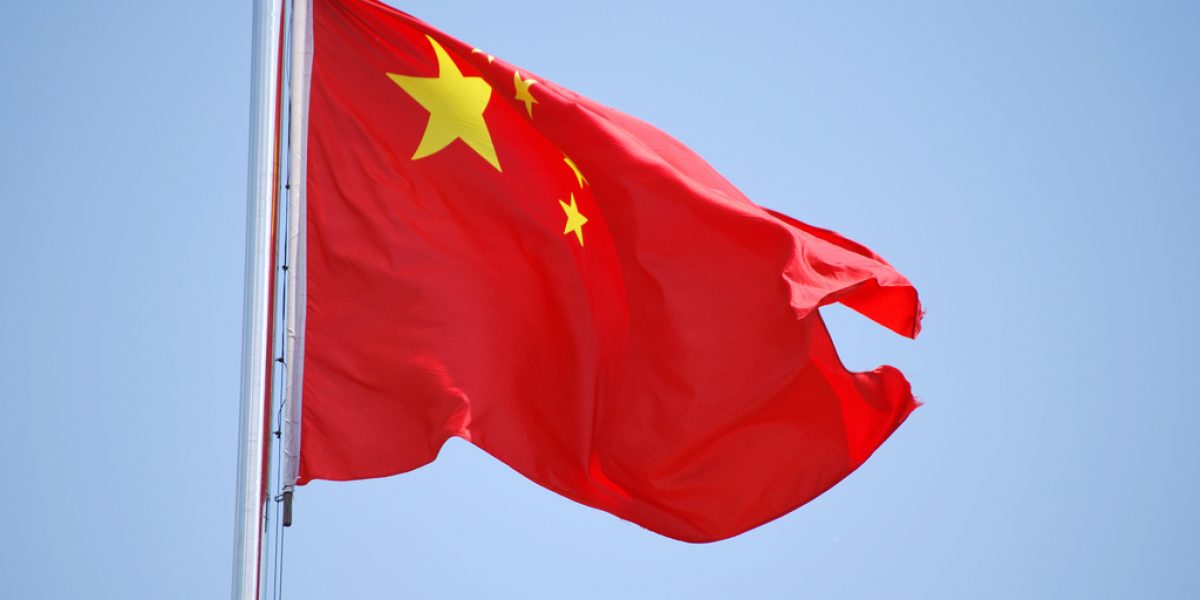While the terms of such a pact remain undefined at this time, there is broad concern among business in Southern Africa that any short-term advantages an FTA might provide to Africa could be offset by detrimental longer-term effects due to the structural nature of the Chinese and African economies. James Lennox, outgoing CEO of the South African Chamber of Business, spoke with eAfrica about the ramifications such an agreement would have on South Africa’s private sector.
Q: What is the basic premise of a potential Free Trade Agreement between China and the Southern African Customs Union (SACU)?
A: We are led to believe that China would allow us 10 years or so of reduced-tariff entry into the Chinese market without any reciprocal arrangement.
Q: What impact would this have on local businesses?
A: This depends on the construction of the agreement. It is expected to have a significant impact on the local manufacturing base and will increase competition in the domestic and international markets. All non-service, non-resource sectors – for example, the clothing and textile industry, footwear, leather, light engineering, toys and the computer industry – will be affected by increasingly competitive imports. Agriculture may be the one area that has export potential to China.
Q: But isn’t competition good for business?
A: Yes, it is. We would welcome any fair competition, but this will not be fair because domestic manufacturers need to adhere to a series of legislation that importers don’t have to – namely, Black Economic Empowerment, skills development, social-responsibilities expenditure, HIV/AIDS, poor transport and a lack of volume in a small domestic market. The timing of this FTA is all wrong. Take the motor industry. One may argue that right now China does not have the capacity to manufacture their own cars, but if you look at the amount of investment and support going into the country, I think it is only a matter of time before they have the capacity to export. Their labour costs are very low, and therefore all our sectors need to be worried. China will be a magnet for investment, and I see a capital flow from South Africa into China to create new production capacity.
Q: The clothing and textile industry in South Africa is in recession. The fragile economies in Mauritius and Swaziland are also under pressure from the importation of second-hand clothing, generally, and cheap imports from Asia, specifically. Would an FTA mark yet another blow?
A: It will decimate the industry. It is a misnomer that Chinese goods are cheap and of poor quality. The quality is exceptional considering the price. China has invested in state-of-the-art technology and equipment, a well-educated workforce and low-cost production. Their turn-around time is extremely competitive and they have the ability to be able to do short low-volume runs and long high-volume runs. A garment sample ordered from South Africa can be manufactured in China in just 10 days. The same item could take up to six weeks here.
Q: Why can’t South Africans do the same?
A: There are far too many influences on our cost structure. We have to do business in a very structured administrative and bureaucratic way. It’s very different in China. There will come a time when they will start to formalise various employment practices, but until then it is unfair competition to our businesses.
Q: Does South Africa need an FTA with China?
A: Sure, we have issues we need to sort out – we are not as efficient as we should be – but we don’t need an FTA.
Q: Why not?
A: We shouldn’t have an agreement because we don’t need an agreement. What is the economic rationale behind a decision to do a free trade agreement between China – or Brazil or India – when you can do a sector-by-sector agreement? This way we can chose the sectors we want to do business in. But an FTA encompasses substantively all goods. There is no economic rationale behind this but a political one. We can do business with China without a trade agreement.
An FTA is laden with pitfalls. There would be an export of capital into China for acquisitions and additional production capacity. Initially this will be totally focussed on the growing Chinese domestic market, but there will come a time – and this will differ from product to product – when the volumes are such that they can look at exporting. It could be five years, three years or 10 years – and that is our problem, because we are not looking at the possible impact this will have down the line. We are looking at what this agreement has to offer now, but we should be far more strategic and say any opening up and liberalisation will have its casualties.
Q: What does South Africa have to gain from an FTA with China?
A: I believe that trade agreements should follow trade, and such an undertaking should look at what sort of trade exists. If you look at the trade, it is buying companies and creating production capacities in China. Our car companies – which are global companies – are all investing heavily in China. On the other hand, Naspers and SAB-Miller are buying up companies. But SAB-Miller are not making the beer and shipping it, they are building factories and making beer in China. We are doing this without a trade agreement. So I ask: Why do we then need to have a trade agreement?
Q: Who is doing business in China and what new ventures can we expect?
A: Big businesses will lead the way. There are many small- and medium-sized companies that supply big businesses we can expect to see setting up overseas. For example, a small manufacturer supplying SAB-Miller might find that it would be easier to set up operations in China because being closer would make business simpler.
Q: How would an FTA affect business in the Southern African region?
A: Chinese traders are ruthless, and this is bound to upset the cosy relations South Africa has with its neighbours. I foresee an influx of illegal immigrants to South Africa, and this has the potential to create destabilisation.
Q: Is business as actively involved in the negotiations as they would like to be?
A: No. We need to be pro-active. Business, labour and government need to start agreeing among ourselves. Right now, government is looking only at immediate gains, but we must look at what effect an FTA will have on society and the economy in 10, 15 or 20 years time. We are in a serious danger of sending out the wrong message.
Q: How would you like to see the process advance?
A: Business, labour and government need to hold a trade forum and get into sync with each other and debate the merits of an FTA. This would ensure that government negotiators could bargain better with the Chinese and see why it is so important that they drop their import tariffs for a period longer than 10 years.






